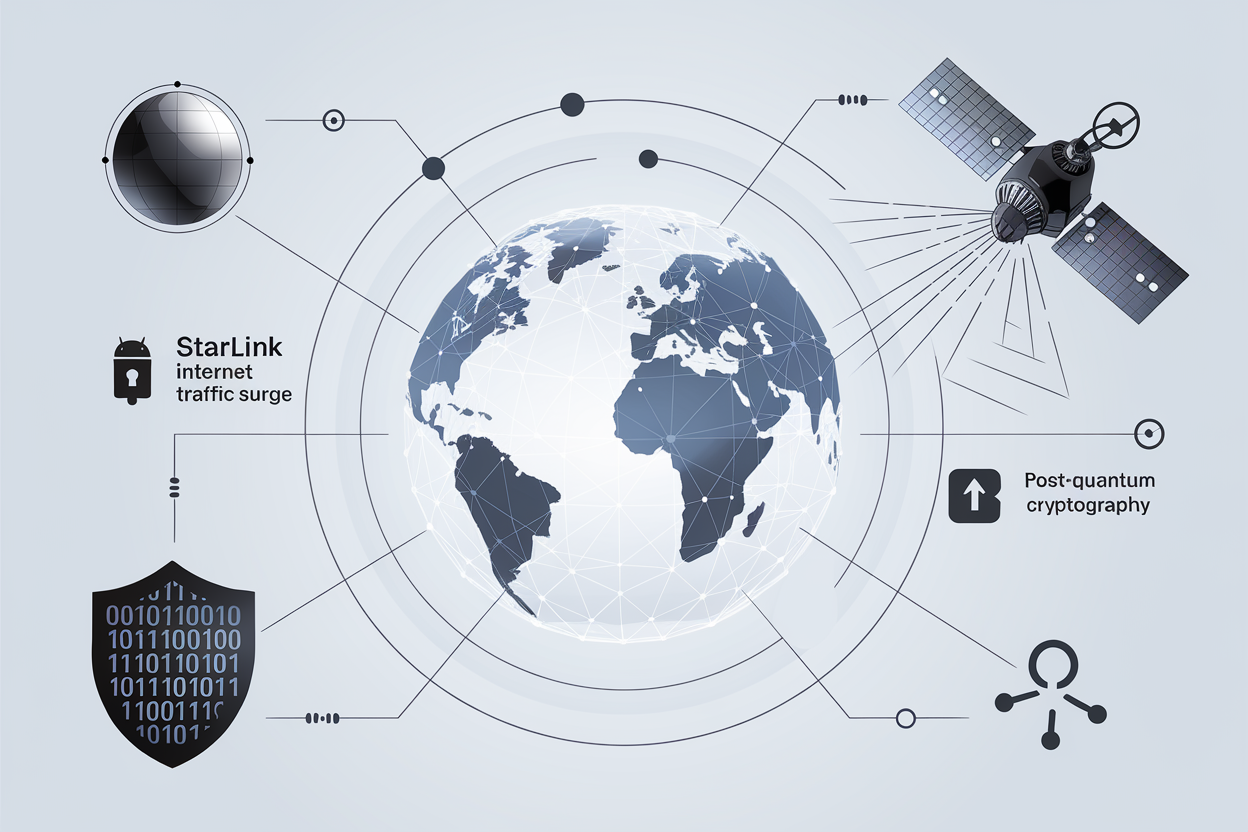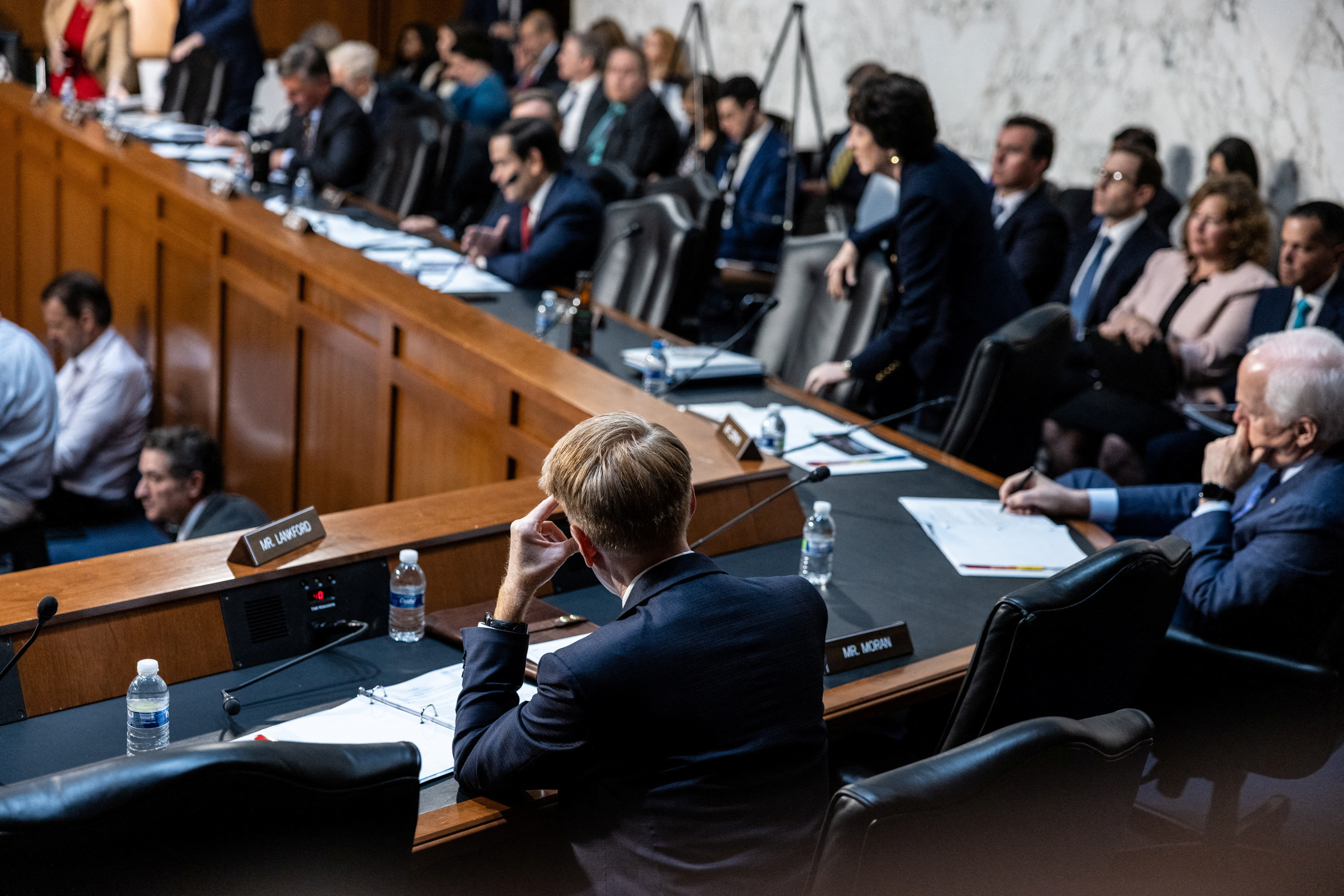As we dive deeper into the digital age, the alarming rise in cyberattacks underscores a critical vulnerability within our online infrastructure. A staggering 5.6 Tbps DDoS attack, mitigated by Cloudflare, marked a record for 2024, highlighting a 53% spike in DDoS attacks compared to the previous year. This surge is not just a statistic; it represents a chilling reminder that our current cybersecurity measures are woefully inadequate.
Rampant Cyber Threats Demand Immediate Action
The frequency and scale of these attacks reflect a global trend that poses a serious threat to both democratic institutions and individual privacy. With 21.3 million DDoS attacks recorded in 2024, it’s clear that cybercriminals are becoming increasingly sophisticated, exploiting weaknesses in our digital defenses. According to Cloudflare, the magnitude of these attacks has not only strained resources but has also raised questions about the resilience of essential services that rely on the internet for operation.
Corporate Responsibility and Government Regulation Are Overdue
As a former software engineer, I understand the technical intricacies behind these cyber threats, but what’s even more alarming is the regulatory gap that exists in addressing them. Major tech companies have a responsibility to fortify their platforms against such attacks, yet many are falling short. The absence of stringent cybersecurity regulations means that corporations often prioritize profit over the security of their users. This must change.
Empowering Users Through Digital Rights
In this landscape, individual users remain the most vulnerable. Privacy protection is paramount, and yet, many are unaware of the risks they face. As reported by Liberal International, the principles guiding digital rights and freedoms are critical in this fight. Users must be empowered with the knowledge and tools to protect themselves in an increasingly hostile digital environment. This empowerment can only occur through comprehensive legislation that prioritizes user rights over corporate interests.
\n\n
Cloudflare 2024 report highlights internet growth and rising ...
FitGirl Repacks and the Piracy Debate
The rise of piracy sites like FitGirl Repacks, which distributes reconditioned video games, brings another layer of complexity to the discussion. While some argue that such platforms provide access to content that would otherwise be unaffordable, they also raise significant ethical and legal concerns. The existence of these piracy sites highlights systemic issues within the gaming industry, particularly around accessibility and pricing. As a society, we must grapple with the implications of piracy while advocating for fair pricing and accessibility in digital content.
The Role of Technology Policy in Digital Freedom
As technology policy continues to evolve, it’s crucial that we advocate for regulations that not only address cybersecurity but also promote digital freedoms. The dichotomy between security and user rights must be resolved in favor of a more equitable digital landscape. This is not merely a tech issue; it’s a human rights issue that affects everyone, especially marginalized communities who often bear the brunt of cyber threats.
Global Collaboration Is Essential
The international nature of cyber threats necessitates a collaborative response. Countries must work together to develop comprehensive cybersecurity frameworks that can withstand the growing sophistication of cybercriminals. As we saw with the DDoS attack, no one is immune. It’s time for global leaders to prioritize cybersecurity as a fundamental aspect of their digital policies.

US Senate committee questions tech executives about election ...







![[Video] Gunfire between Iraqi security forces and Sadr militias in Baghdad](/_next/image?url=%2Fapi%2Fimage%2Fthumbnails%2Fthumbnail-1768343508874-4redb-thumbnail.jpg&w=3840&q=75)
